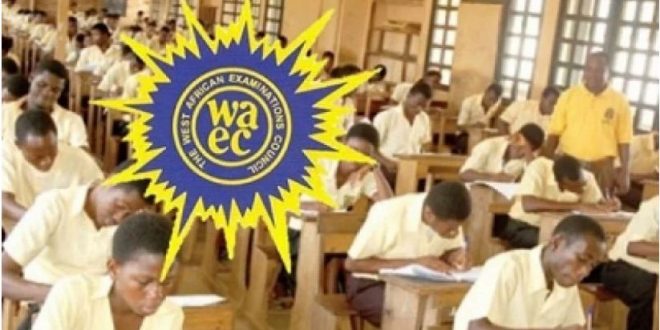The Federal Government’s proposed new policy banning candidates under 18 from taking the West African Senior School Certificate Examination (WASSCE) and the National Examination Council (NECO) exams has sparked controversy.
The Academic Staff Union of Universities (ASUU) supports the policy, while the Academic Staff Union of Polytechnics (ASUP) and the Nigeria Union of Teachers (NUT) have expressed strong disapproval.
It will be recalled that the Education Minister Prof. Tahir Mamman, speaking on Channels Television’s ‘Sunday Politics’, explained that the policy, which sets the minimum age for secondary school exams and the Unified Tertiary Matriculation Examination (UTME) at 18, is not new but a reinforcement of existing regulations.
“We are not coming up with a new policy; we are just reminding people of what is existing,” Mamman said.
Under the new directive, WAEC and NECO will not permit underage students to sit for their exams.
The policy aims to ensure that students are 18 by the time they complete secondary education and enter university.
Mamman added, “JAMB will admit students who are below that age this year, but from next year, it will insist that anyone applying to go to university must meet the required age.”
The policy has drawn criticism from several quarters. Dr. Mike Ene, Secretary-General of NUT, argued that modern educational practices, driven by economic pressures, make age-based restrictions impractical.
“The only way this policy could work is if it’s implemented from the foundation,” he said.
Ene also warned that exceptional students who are younger but academically advanced could face setbacks due to this policy.
ASUP President Shammah Kpanja also opposed the policy, suggesting that exam eligibility should depend on a student’s abilities rather than age.
He criticized the government for not addressing critical issues such as poor school infrastructure and inadequate teacher welfare.
“What we need is for the government to ensure that basic schools are equipped with functional facilities,” Kpanja said.
The policy has been particularly challenging for students who had already taken the UTME and were anticipating university admission.
Following the backlash, Mamman reversed the directive to allow students as young as 16 to be admitted until 2025 but reaffirmed that from next year, the age limit will be strictly enforced.
Prof. Emmanuel Osodeke, ASUU President, supports the age requirement, arguing that students should follow the standard academic progression.
“Why are we focusing on university at such Droung age?” he questioned, emphasizing that students should have time to mature before entering higher education.
Prof. Yakubu Ochefu, Secretary-General of the Committee of Vice-Chancellors, stated that the committee will discuss the policy in September.
He noted, “This policy has been part of the law for years; the issue is its enforcement now.”
WAEC Head Dr. Amos Dagnut defended the policy, asserting that the government has the right to regulate education standards.
“We at WAEC do not regulate or keep records of candidates’ ages; these details are submitted by the schools,” he said.
While ASUU sees the policy as a way to ensure students mature before university, ASUP and NUT believe it fails to address practical realities and could adversely impact exceptional students.
 National Telescope national telescope newspaper
National Telescope national telescope newspaper



